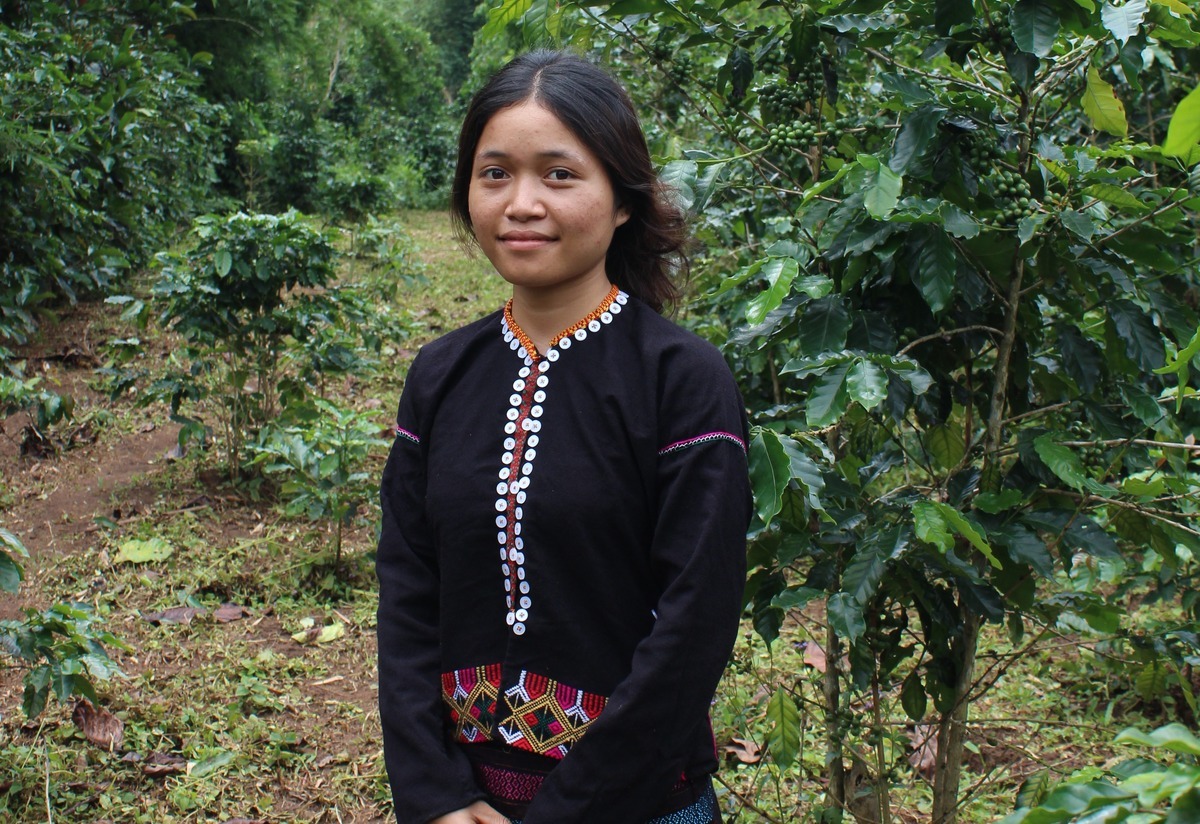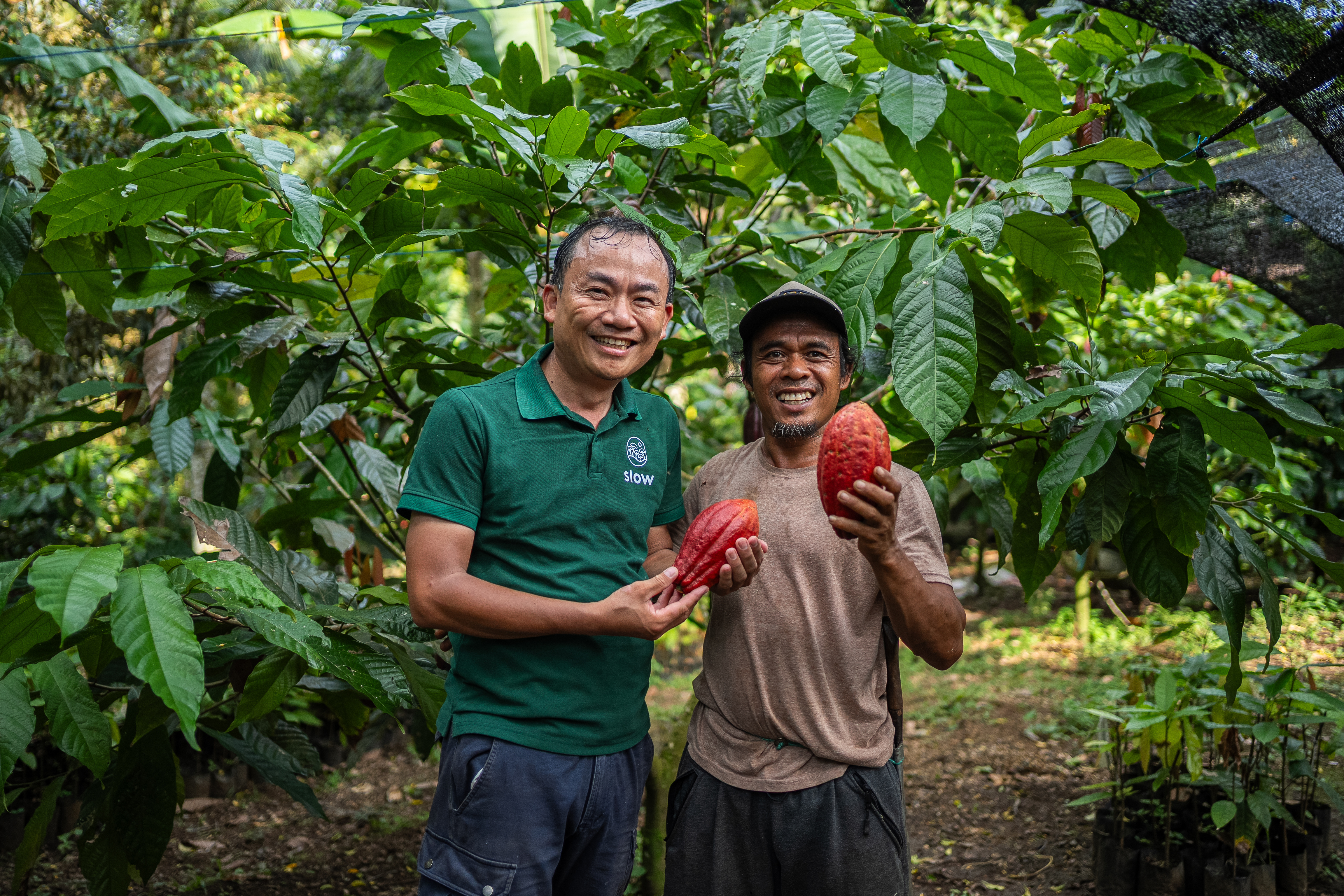What happens when coffee meets a forest?
Climate pressures are rising. In one Vietnamese coffee region, farmers are turning to agroforestry to secure yields, restore soils, and keep supply...

Tracing coffee origins helps identify areas for reducing environmental impact.
Many coffee drinkers have a knowledge gap. Origin, production and supply chain impacts remain unclear for many. Simple questions like “Where did my coffee come from?” or “How did it get here?” often go unanswered. This lack of transparency can have significant consequences.
Coffee is a vital economic driver, particularly in warm nations like Brazil, Vietnam and Colombia, which are the three biggest producers of raw coffee beans today. But for high-consumption countries like Finland, Norway and Denmark, where coffee consumption per capita is among the highest, there’s a potential environmental cost to consider.

This image, taken in Nongbone Village, Laos, highlights the contrasting approaches to coffee cultivation. Our farm (top) utilizes shade-grown coffee, where trees provide natural cover for coffee plants, promoting biodiversity. Our neighbor (bottom) is clearing land for a sun-grown monoculture plantation. © Slow/Saosavanth Ketmala
Studies suggest a link between consumer behavior in wealthy nations and deforestation for agriculture in tropical regions, where much of the world’s coffee is grown. These rainforests play a crucial role in our planet’s health.
Often referred to as the ‘lungs of the Earth’, they absorb vast amounts of carbon dioxide and provide vital habitat for countless species. Unfortunately, deforestation has become a significant concern in recent decades, impacting areas like the Amazon and Southeast Asia.
A key driver? Converting land for sun-grown coffee plantations. While these offer higher yields, they require clearing vast swathes of rainforest, disrupting vital ecosystems.
Now, the landscape is changing, thanks to a tool called traceability. It allows us to track a coffee bean’s journey from farm to cup, unlocking a range of benefits for both producers and consumers.
Traceability empowers data-driven decision-making throughout the coffee supply chain. By measuring environmental impact and resource use, we can identify areas for improvement. This incentivices sustainable practices that minimize agriculture’s footprint, fostering a greener future for coffee production. Many brands are now offering greater transparency by detailing the origin of their beans, production methods and any external verification of their practices.
Imagine choosing coffee that aligns with your value. Traceability makes this possible. Enhanced transparency allows consumers to make informed choices based on their priorities. Whether you prioritize ethical sourcing or environmentally responsible practices, traceability empowers you to support the brands that resonate with you.

Climate pressures are rising. In one Vietnamese coffee region, farmers are turning to agroforestry to secure yields, restore soils, and keep supply...

Earth Day reminds us that change doesn't have to wait for sweeping policy or perfect systems. Often, it starts with something as simple—and as...

Big news from Slow. African Coffee Roasters is now part of the Slow family. And this isn’t just an acquisition—it’s a major step forward in how...